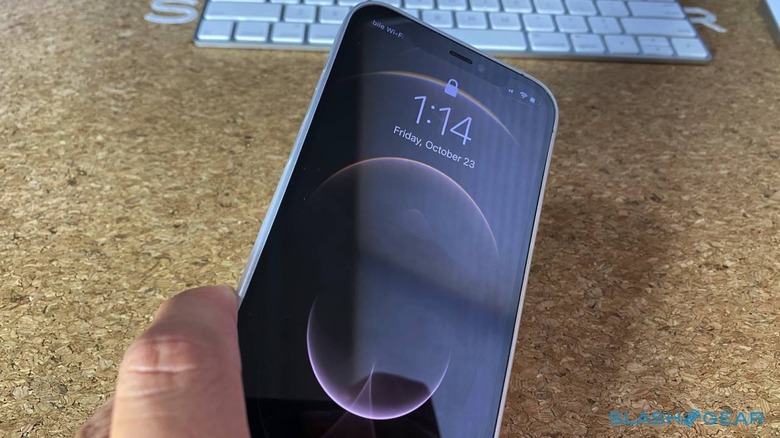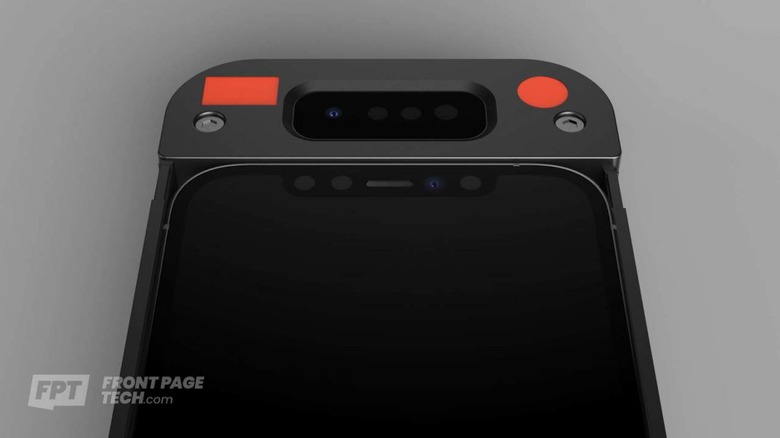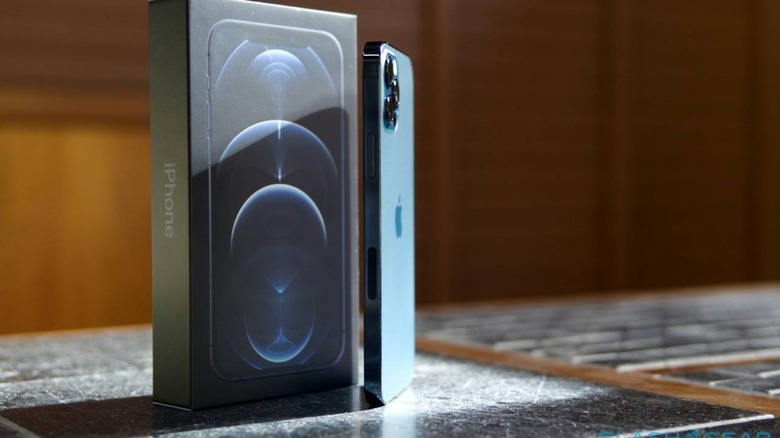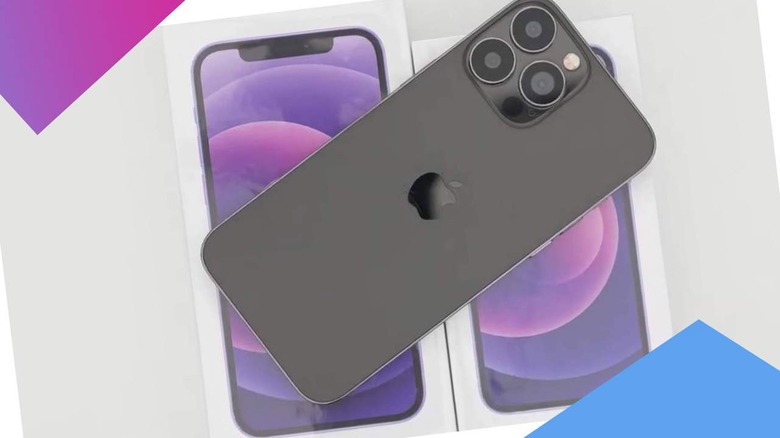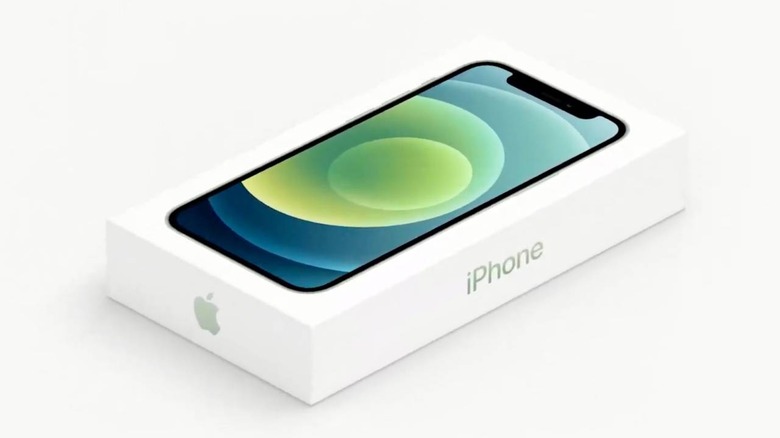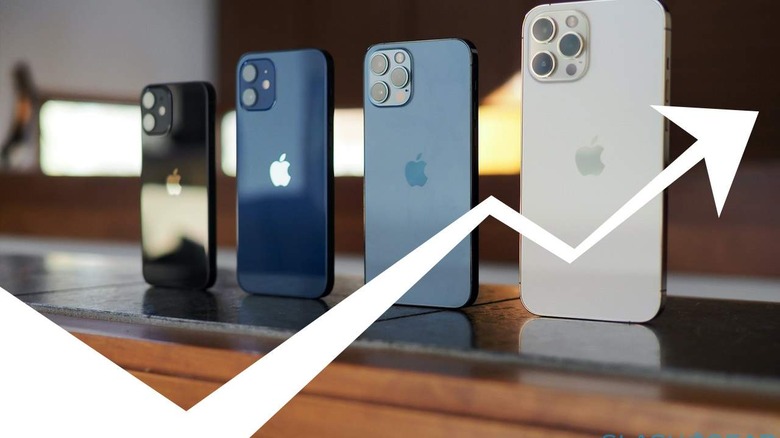6 Exciting Things To Know About iPhone 13 Debuting Next Week
After all the rumors and speculations, Apple has finally released dates for its impending event. The special "California Streaming" event is slated to take place on September 14 and yet again it is going to be a virtual affair. The highlight of the event is more or less the iPhone 13 series, of which, we kind-off know almost all the ins and outs, even though they are all speculative at the moment.
In all likeliness, this year, we should be introduced to four new iPhone models. These, just like the iPhone 12, shall be called the iPhone 13, iPhone 13 Mini, iPhone 13 Pro, and iPhone 13 Pro Max and have the same display sizes. The iPhone 13 lineup will arrive in more or less the same enclosure, save for subtle changes on the notch and the camera module at the back; the iPhone 13 series will be more potent than the predecessors on the inside.
Every inch of the iPhone 13 lineup, figuratively, has been leaked in way of rumors right since the early half of the year. We have previously touched upon factors that should make the iPhone 13 a different deal and features to watch out. Now in the final leg, just before Apple delivers the first real sight of the iPhone 13 models, we are touching base with six things that are likely to feature in the next-big smartphone from Apple. So tighten your seat belts and come onboard the journey of expectation with us.
A notable display
Most evident change for the eye is expected to be in the display, which for the first time is likely to have a high screen refresh rate. According to speculations, the iPhone 13 range could feature high-refresh rate OLED display, which has been a feature much in demand from fanboys.
Considering this, we are likely to get 120Hz ProMotion display on the iPhone 13 models, which will be a significant improvement from the 60Hz displays on the iPhone 12. That said, there is a possibility only the Pro models in the iPhone 13 series are beefed up to this magical figure and the standard and mini variants are upgraded to about 90Hz.
Even in that case, iPhone 13 models will strike a difference for they are expected to arrive with an always-on display. The Pro models are also expected to feature LTPO displays. Such a display, which is basically low-temperature polycrystalline oxide display, is designed to change screen refresh rates – without additional hardware – according to the use case. LTPO display has debuted in Samsung Galaxy S21 Ultra and shouldn't be surprising if Apple pushes out iPhone 13 Pro and Pro Max with LTPO display.
A slim notch
Apple counterparts in the Android ecosystem has already duped the notch on the screen in favor of hole-punch display. Analyst Ming-Chi Kuo has speculated that for Apple this is not going to be the case until the launch of iPhone 14. He believes, iPhone 14 will ditch the notch on the iPhone display for hole-punch. As for the iPhone 13 series, the design of the notch will only be slimmer than yesteryear.
The notch is expected to measure about 10mm thinner. This thinness in the size is because of a reshuffle of the camera components and reimagined placement of the earpiece speaker, which is likely to be moved to the edge of the bezel from within the notch.
An in-display Touch ID
During the pandemic, when faces have been covered with masks, Face ID has not been the best way to access the iPhone. Apple has made a fair share of provisions to unlock the phone when Face ID fails, for instance, you are redirected to passcode when you're wearing a mask or you can even unlock the iPhone with Apple Watch.
Even then, addition of Touch ID can be an alternative biometric layer that people will appreciate. Apple may have worked out a solution with the introduction of under-display fingerprint reader. In-display Touch ID sensor could relieve the frustration that people face with masks and Face ID. Reportedly, the inclusion of Touch ID will not mean replacement of Face ID; the two would give more secure ways to access the iPhone 13.
An improved camera
With the launch of every new iPhone, improved cameras are expected. Thus, the biggest rumors that have followed us, have been around the iPhone 13 cameras. From how we know it, iPhone 13 will either feature software-level tweaks to the ultra-wide lens or have a larger sensor for its ultra-wide camera. An increase in size is attributed to enhance the camera bump, which should make the iPhone 13 models a few millimeters fatter than the iPhone 12 series at the thickest point.
The new ultra-wide lens will reportedly have an aperture lowered from f/2.4 to f/1.8 to help in photography in all light conditions. A notable change is going to be an inclusion of sensor-based image stabilization from iPhone 12 Pro Max flowing down to almost all the iPhone 13 models (at least for the iPhone 13 Pro and Pro Max it is assured). The new Apple phones are likely to feature portrait mode for videos, which is sort of Bokeh effect to blur out the background in videos.
Mobile astronomical photography is not a space iPhone dominates like the Google Pixel phones per se, but leaks have pointed at possibility of astrophotography camera capabilities reaching the iPhone 13. In that case, iPhone 13 will give another reason for photographers to cheer about as it would let them capture finer shots of the moon and the stars.
A powerful chipset and efficient battery
Apple A15 Bionic chipset, likely to power the iPhone 13 series is potent silicon. This has been seen in recent benchmarks where the chip has out-powered the last year's A14 Bionic by a significant margin. The A14 powering the iPhone 12 assortment has by far been the best processor – proficient combo of power and efficiency – in the last year and with A15 this will only go places.
The efficiency management of the chipset will play a large role in the battery performance of the iPhone 13 models as well. Apple is not known for packing in 4 or 5,000mAh batteries in the iPhones, but it manages to deliver almost at par battery life from its smaller capacity batteries with sheer management of power, performance and efficiency. This was evident in the iPhone 12 series, in iPhone 13 series, it will only mean better battery life.
Satellite communication capability
Rumors have it that the iPhone 13 could roll out with low-earth-orbit (LEO) satellite communication hardware. The speculation is backed by Ming-Chi Kuo, a seasoned Apple analyst with fair share of correct assumptions. The satellite communications capability in the iPhone 13 would allow the user to send and receive SMS messages and make calls even in areas where network coverage fails.
As useful as it is, this feature may only be for emergencies. Many OEMs are tinkering with the possibility of satellite communications technology for their devices; if Apple rolls it out with the iPhone 13, it would be a trend for others to follow.
Final thoughts
The possible rumors and expectations from the iPhone 13 models have been detailed here one last time before the actual devices pop up in under three days from now. Keeping these speculations in mind, the iPhone 13 will be a smartphone to own if you're upgrading from an older iPhone or a different ecosystem. For iPhone 12 users, this will only be a matter of preference and economics. The final decision can be reserved until the iPhone 13 lineup is finally announced next week.

